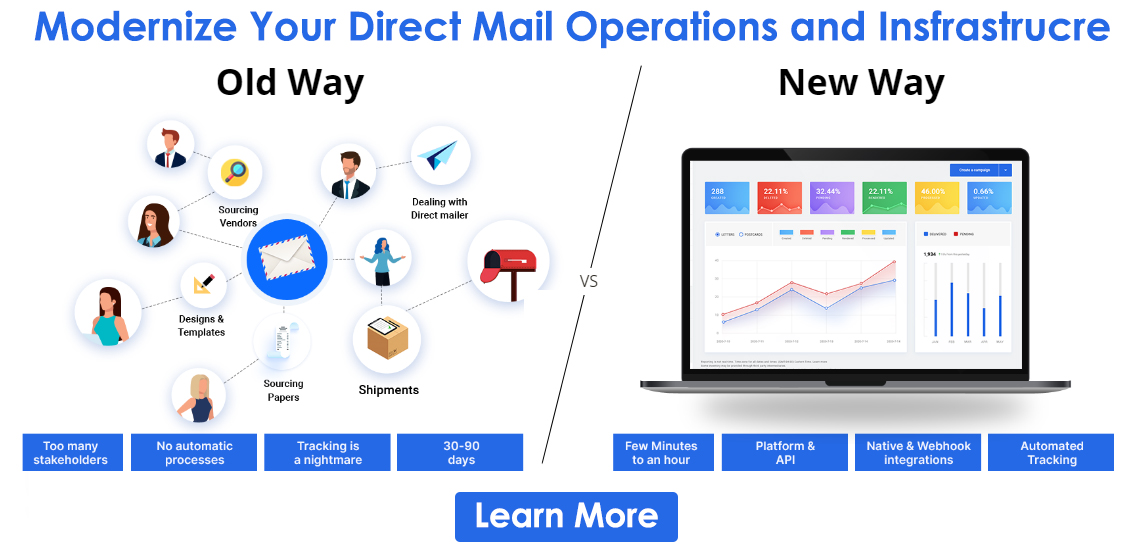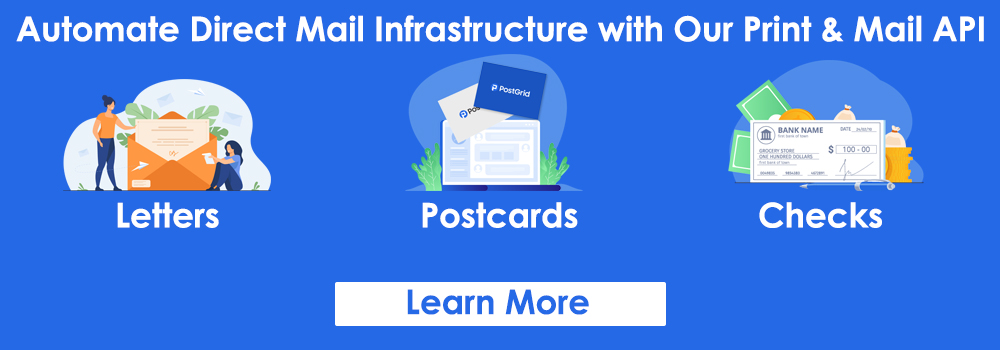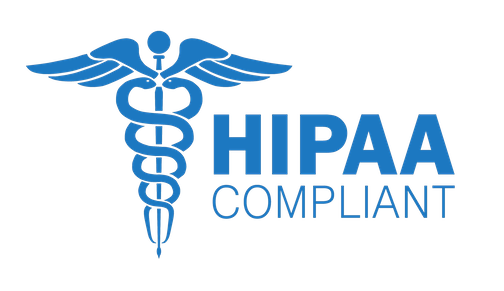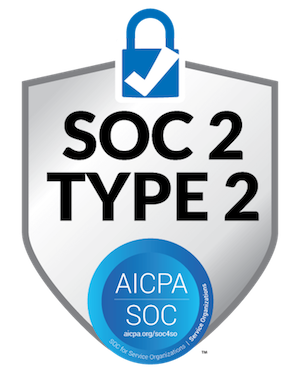
Traditional Marketing vs. Digital Marketing: Which one is better for your brand?
The debate over traditional marketing vs. digital marketing is still a discourse amongst marketers in this digital era.

Canadian businesses have been constantly questioning whether traditional direct mail marketing is more effective than online marketing.
Both techniques hold their own set of pros and cons. However, your business demands a subtle balance between the two when choosing between traditional and digital marketing. It requires an in-depth insight into both the approaches and creating a balance.
Traditional Marketing
Traditional marketing is a marketing type that doesn’t use the web. Any marketing technique that isn’t online falls under conventional marketing. It is one of the oldest forms of marketing and involves physical marketing outreach like billboards and printed media.
In addition to being one of the oldest forms of marketing, traditional marketing is among the most researched marketing techniques. Businesses still choose traditional marketing as it is a tried, tested, and valid method. Even in this digital world, everyone encounters one or the other form of conventional marketing daily. It could also include getting direct mail or the daily newspaper.
Conventional marketing plays a crucial role in reaching local audiences. Consumers can retain Physical forms of marketing and advertising for a more extended period. Additionally, traditional marketing always has a target audience that is easier to reach than digital marketing. There is always a local target audience that you can reach easily via traditional marketing when comparing digital vs. traditional marketing.
Traditional marketing is the oldest, most effective, and ROI-generating form. It is because, until the 1900s, traditional marketing was the only type of marketing.

Why Traditional Marketing?
Traditional marketing is a form that doesn’t rely on the Internet for advertisement purposes. We consciously and subconsciously see and hear many ads daily. It can be television, newspaper ads, radio advertisements, billboards while driving, or flyers handed over in malls.
We are constantly consuming promotions and marketing pieces subconsciously. This subconscious content consumption makes it easy for businesses to target their customers. For many companies, traditional direct mail marketing is more effective than online marketing.
Their target audience prefers traditional marketing when it comes to traditional vs. digital marketing. It is a handy marketing tool for businesses looking to establish and expand their product amongst an older audience.
When comparing traditional direct mail marketing vs. online marketing, conventional marketing is very effective in reaching the aged people.
Small businesses grow better using digital marketing when choosing digital vs. traditional marketing. However, the same might not be valid for an established brand. If you want to develop a more personal connection with your customers, we advise using official and local language for your marketing.
You can connect with your customers more personally by using the local language to market your products or services. It helps you create a common ground with your customers.
It is a highly effective type of marketing to target a more significant audience segment.
Traditional marketing holds a huge advantage when comparing traditional marketing vs. digital marketing. Conventional marketing pieces live longer, whereas people can skip digital advertisements within microseconds.
However, technological advancements have limited its usage.

Traditional marketing methods
Traditional marketing methods are the marketing methods that do not use the Internet. These methods have been used for decades now. However, they are slowly losing their usage with the rise of digitalization. Nevertheless, it is not its strength that these marketing methods need to improve.
The most common forms of traditional marketing methods include
- Direct mailing postcards and coupons
- Informational pamphlets
- Flyers
- Catalogues
- Television
- Radio ads
- Newspapers and magazines
- Outdoor billboards
- Telephone calls
- Text notifications
- Window display and signs
- Print ads
- Referrals
You subconsciously see and hear such advertisements every day doing your daily chores. You hear many ads and even look at the billboards as we move. It profoundly affects your purchasing psychology. These marketing techniques have become a crucial part of our daily lives.
Traditional marketing: Pros and cons
Often, people consider traditional marketing outdated and irrelevant when comparing traditional marketing vs. digital marketing methods. However, businesses can still leverage these techniques into an effective marketing campaign.
Depending on your situation, traditional marketing may be the better choice for your business and target audience.
To help break down everything about traditional marketing, here are some pros and cons listed for your reference:
Pros of Traditional Marketing
- Traditional marketing is highly effective in reaching an older population demographic.
- According to reports, over 50-year-olds consume twice as many conventional advertisements as those between 20 and 35.
- Traditional marketing pieces have a longer life span.
- You can’t skip traditional advertising the way you do with digital ads.
- Your advertisements leave a more lasting effect on your audience physically.
- It also influences your customer’s purchase psychology and purchase decisions.
Cons of Traditional Marketing
- Traditional marketing methods have passed thorough testing over the years. It is a highly effective technique when comparing traditional marketing vs. digital marketing. However, they are expensive in terms of operating costs.
- Traditional marketing methods are slower than digital marketing for application and result generation. Traditional marketing methods may take weeks or months to yield the required results.
- You can’t follow up with your audiences for feedback since it is a one-way communication between the brand and the customers.
- It is challenging to measure the effectiveness of your brand campaigns. You may find tools like a brand tracker, but they could be more in-depth and intelligent regarding the advantages of digital marketing vs. traditional marketing.

Digital Marketing
As the name suggests, digital marketing exists and happens digitally. It is evolving astonishingly because of digitization, the latest trends, and new technologies every day. Digital marketing strategies are the ones that require the use of the Internet to advertise their products or services.
Though they haven’t been around as long as traditional marketing methods, they hold huge potential when you compare digital vs. traditional marketing.
It is conducted online and can hold your audience’s quick attention. Promoted tweets, influencer tips, food vlogs, and interview tips exemplify how expansive digital marketing has become.
As the world becomes more digital, how you market your product/service must also change. Not only is digital marketing more cost-effective when comparing digital vs. traditional marketing, but it is also a more efficient method to connect with your target audience globally.

Why digital marketing
Digital marketing has become a non-negotiable for businesses today. It has become a routine for people to search the Internet, research, and purchase online. Businesses can leverage digital marketing into authentic client conversion and sales.
People spend most of their time online. They look for couches, beauty tips, lunch spots, and reviews for a good hospital, all in one day.
This online engagement opens a vast opportunity for businesses to create an impact on their audience. Digital marketing helps companies to reach a vast audience across the whole world quickly.
Modern marketing techniques
Digital marketing generates more interactions in less time when you compare digital vs. traditional marketing. It is the primary reason businesses have made this massive switch to digital marketing.
Digital marketing uses online channels like web applications, emails, social media platforms, etc., as tools for effective marketing communication with their audience.
A few digital marketing tools examples include
- Social media marketing
- Search engine optimization
- Pay-per-click advertising
- Email marketing
- Content marketing
- Web applications and websites
- Mobile applications
- Affiliate marketing
- Inbound Marketing
- Influencer marketing
Digital marketing: Pros and Cons
Since the introduction of digital marketing in our lives, it has constantly evolved. Latest technologies like voice search and social media usage are ruling the world.
Even though digital marketing includes the most modern and popularly accepted tactics, there are still some areas where digital marketing thrives and areas where it doesn’t. Digital marketing is better in many ways when comparing traditional vs. digital marketing.
Pros of Digital Marketing:
- You can involve and track data efficiently with digital marketing. You can draw insights and statistical data on your reach, engagement, conversion, etc.
- It is easy to track and closely monitor every detail. Whether a click made on your website or a follower earned, it is traceable, making it a highly monitored marketing source.
- You can put digital marketing strategies into effect at a much lower cost and effort. Direct mail is time-consuming and expensive compared to email campaigns.
- Digital marketing can help with your business expansion globally. It works well and yields results for a globally scattered audience because of the broad scope it offers.
- Digital marketing campaigns make it easier to personalize your offers or messages. You can easily generate targeted adverts and ensure your brand stands out with every digital campaign. It helps your business build one-to-one communication with your customers.
Cons of Digital Marketing:
- The world online is moving unbelievably fast. Therefore, this means everything on the Internet is temporary. This temporary list includes your Google advert, social media posts, email, etc. Your customers may easily forget or, worse, ignore this list.
Often, there is only a slight chance for your digital marketing output to be successful with all the competition involved with this vast platform.
- Technology and trends frequently occur in the web world, demanding continuous reevaluation and changes for effectiveness. It involves a lot of learning and upgradation processes for effective results. Hence, maintaining all of this alone can be tiring and confusing.
- When your business expands, you will need specialists for each marketing method you deploy. Holding up all branches of the digital marketing tree can only be easy with proper expertise and skills.
- The most challenging part of digital marketing is the fiercely high competition on this vast platform. It would be best if you were on pace with your competitors daily. So, it becomes difficult to grab and retain the audience’s attention.
- Consumers online can be very brutal. Negative feedback online can create a massive impact on your brand reputation. You should ensure that your customer service team quickly responds to negative feedback before too many people view them and form a negative opinion of your brand.
- Some people regularly use ad blockers when on the web. Thus, these ad blockers might block pop-ups or banner ads, making it difficult for our brand to reach its target audience. Ad blocking has become very common, making it more difficult for brands to get noticed online.
Digital marketing vs. traditional marketing: A detailed comparison
For better understanding, we have dissected and created detailed comparisons of the drawbacks and advantages of digital marketing vs. traditional marketing.
Digital Marketing |
Traditional Marketing |
| Digital marketing uses online platforms and digital media for advertisement and marketing purposes. | Traditional marketing uses offline and conventional platforms for advertising their products or services. |
| High direct engagement rates with the audience. | Relatively low to no direct engagement with the audience. |
| It is a dynamic marketing tool. | It is a static marketing tool. |
| It promises faster conversion rates, which might be fleeting and difficult to retain. | It promises a slower conversion rate but compensates with longer customer retention. |
| High engagement and direct & responsive communication. | Low engagement and one-to-one communication. |
| Easy to measure and document. | It is challenging to keep track of and measure its success. |
| Customized and relevant targeting. | Standardized and common targeting. |
| Easy and affordable global Reach. | Local reach. |
| Slow and undocumented results. | Quick and live results. |
| Customers can skip information within a fraction of a second if they don’t like it. | Customers can’t skip the advertisements they do not wish to see. |
| Easy changes and edits even after campaign launch. | There can’t be any edits and changes once the advertisements are live. |
| It is affordable and demands less effort. | It is relatively expensive and sometimes requires a little manual support. |
Traditional marketing vs. Digital marketing: What to choose for your brand?
Direct Mail Marketing services might be an old and outdated marketing approach. Still, years of trial and success have made it a reliable source of advertising for both small businesses and large enterprises.
Direct mail, in addition to other benefits, helps you build a unique connection with your audience. It enables you to gain customer loyalty. Speaking to your customers via tangible communication creates and enhances customers’ trust, ensuring longer retention.
Customer trust and retention help businesses generate revenue. It may be a well-known notion later, but direct mail has a higher response ratio today than email marketing. Direct mailing is an underrated and powerful tool for raising brand awareness and increasing ROI.
Let’s see it this way: Your email box contains thousands of unopened promotional emails that you consider junk, but people still pick up their direct mail and look at it.
Research suggests about 80 percent of the population regularly sort their direct mail. It means businesses have a high chance of being seen by the right audience.
Even after the constant rise in digital marketing, traditional direct mail marketing is more effective than online marketing.
Planning an Impactful Direct Mail Campaign for Your Business
Planning a direct mail campaign might be tricky, but it generates long-lasting results. We have carefully designed a list of aspects you should consider for a successful campaign.
- Create a mailing list: Once businesses understand their target audience, they must generate a relevant mailing list. It is the first and most crucial step for an impactful campaign.
PostGrid’s direct mail API helps you generate a targeted customer mailing list and provide an authentic database. It lets you create a mailing list for your prospects and existing customers.
- Choose an attractive design: The design on the envelope that reaches your audience plays a crucial role in your brand definition. Every aspect of your direct mail must be planned and crafted with the utmost attention. Your postcard, envelope, and letter designs impact purchasing psychology and help with conversion.
- Measure your performance: You can efficiently plan and implement your strategies based on the results of your outcomes. Remember, businesses must track the responses of their campaigns and plan future campaigns accordingly. A system to follow up with your recipients is always the best way forward.
- Stay up-to-date with the latest trends: Businesses can significantly impact their target audience by staying updated.
Direct mail marketing with PostGrid
Managing and planning a direct mail campaign is challenging. Such tedious manual tasks open the door for human errors that might create immense issues. It hinders your brand reputation. Hence, we recommend you use data automation for seamless operations.
PostGrid helps you easily incorporate your campaign and fetch customer data within seconds. It not only saves your time but also helps in maintaining an excellent professional relationship with your customers. It also enables you to track and closely manage your mailers.
We give you every reason to believe that traditional marketing is more effective when comparing the advantages of digital marketing vs. traditional marketing.
PostGrid’s Direct Mail API:
An automated tool like PostGrid helps you with easy automation of all the tedious tasks. We have enlisted quick features on how PostGrid enables you to automate your campaign:
- PostGrid’s tool integration helps you with tools like Hubspot, Salesforce, Zapier, QuickBooks, etc., for a better user experience.
- Our zero-code and native integrations make connecting applications easy and help expand your functionality.
- Our direct mail API helps you maintain regulatory compliance, save records, and render PDFs for future use.
- Businesses can plan, design, and ship mailers in two days. It is a quick and hassle-free way for your direct mail campaign.
- You create or add your mailing list to your account. You can also compile customer data based on demographics like age, gender, location, profession, etc.
- Businesses can also design the mail format and size using our API.
Conclusion
When businesses only focus on digital marketing, it is a perfect chance for you to catch your audience’s attention. At PostGrid, we help you embrace the fact that even today, traditional marketing is more effective than online marketing in many cases by giving results. Book a demo with us today!
Sign up for more information.
| You may also want to read | |
|
1. |
What is an EHR? |
|
2. |
Letter of Experience Insurance Template |
|
3. |
School Marketing Strategies |
|
4. |
What is a Mail Stop Code |
|
5. |
Account Verification Letter |
|
6. |
Credit Repair Service Marketing |









